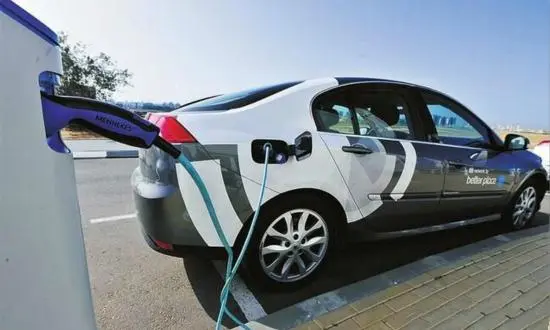How do electric vehicles fit into the broader context of sustainable transportation?
Electric vehicles (EVs) are an important component of sustainable transportation, as they offer several benefits compared to conventional internal combustion engine (ICE) vehicles. Sustainable transportation aims to reduce environmental impacts, promote social equity, and support economic development. In this broader context, EVs contribute in the following ways:
- Reduced greenhouse gas emissions: EVs produce zero tailpipe emissions, which significantly reduces greenhouse gas emissions, especially when charged using renewable energy sources. This contributes to efforts to combat climate change and improve air quality in urban areas.
- Improved energy efficiency: Electric vehicles are generally more energy-efficient than ICE vehicles, as they convert a higher percentage of energy stored in the batteries into motion. This reduces the overall energy consumption and the demand for fossil fuels.
- Decreased air pollution: EVs emit no tailpipe pollutants, which helps reduce air pollution in urban areas. This can lead to improved public health, particularly for those living in densely populated cities with high levels of pollution from ICE vehicles.
- Integration with renewable energy: EVs can be charged using renewable energy sources like solar, wind, and hydro, further reducing their carbon footprint. As the share of renewables in the energy mix increases, the environmental benefits of EVs will continue to grow.
- Vehicle-to-grid (V2G) capabilities: Some electric vehicles offer vehicle-to-grid functionality, allowing them to feed energy back into the grid during periods of high demand. This can help stabilize the grid, promote the integration of renewable energy, and reduce the need for additional power plants.
- Encouraging multi-modal transport: The adoption of electric vehicles can be complemented by other sustainable transportation solutions, such as public transit, cycling, and walking. By incorporating EVs into a holistic approach to urban planning and transportation, cities can reduce congestion and further minimize environmental impacts.
While electric vehicles represent a significant step forward in sustainable transportation, it is essential to address other aspects, such as promoting sustainable urban planning, investing in public transportation, and encouraging active modes of transport, to create a truly comprehensive and sustainable transportation system.



